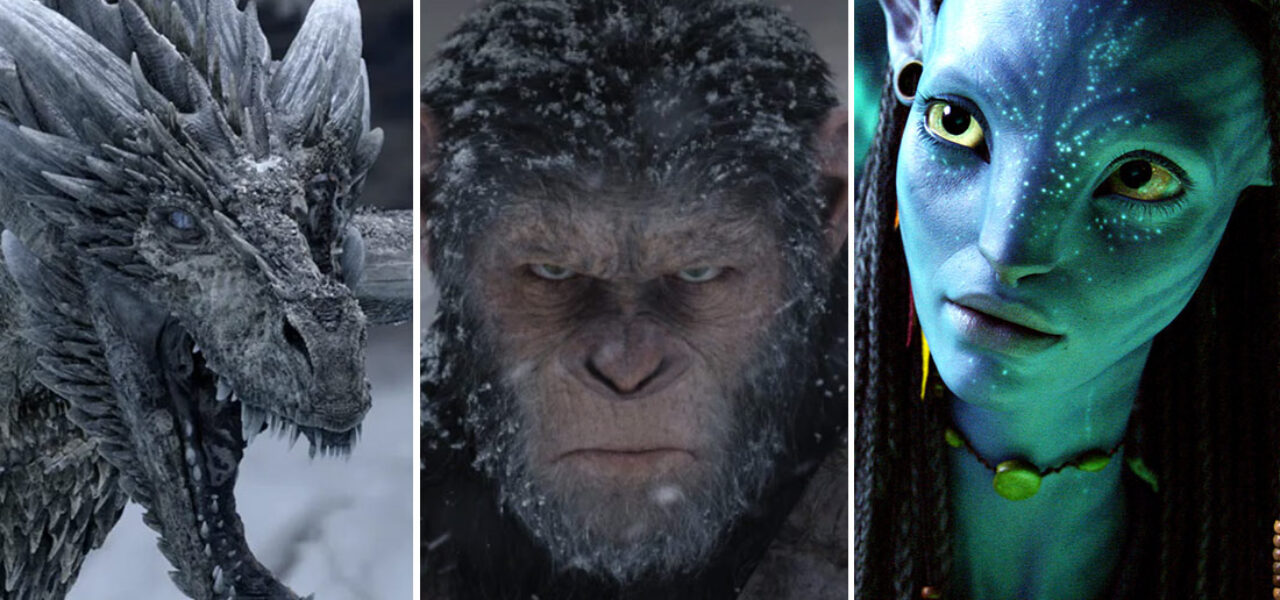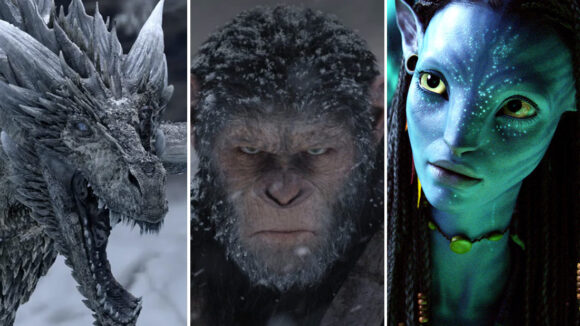

You Can Soon Start Producing Weta-Quality VFX From Home
Unity, the technology company whose real-time game engine powers countless video games, mobile games, and virtual reality projects, has entered into a definitive agreement to acquire Weta Digital’s tools, pipeline, technology, and engineering talent.
Unity’s unexpected acquisition of Peter Jackson and Fran Walsh’s company is estimated to be worth $1.625 billion. It’s expected to close during Unity’s fourth quarter 2021.
Why is Unity acquiring the tech division of a vfx company? The metaverse, of course. It’s the biggest buzzword of the animation industry in 2021, and companies like Facebook, Microsoft, and Nvidia have made big announcements about their metaverse ambitions in recent weeks. (Curiously, few of these companies are discussing the metaverse in terms of animation, though turning human beings into animated cartoon characters, or “digital avatars” as they put it, is their key ambition.) Unity’s ultimate goal is to make Weta’s visual effects tools available to creators and artists around the world and “enable the next generation of RT3D [real-time 3D] creativity and shape the future of the metaverse.”
How will Weta’s tools be incorporated into Unity’s existing toolsets? Weta Digital’s dozens of proprietary graphics and vfx tools will join Unity’s Create Solutions. These tools, which Manuka, Lumberjack, Loki, Koru, Squid, Barbershop, HighDef, and CityBuilder, are used for facial capture and manipulation, anatomical modeling, advanced simulation and deformation of objects in movement, procedural hair and fur modeling, among other processes. The tools will eventually be available to creators for real-time usage through a cloud-based software as a service (SaaS) subscription model.
Will Weta continue to produce vfx for film and tv projects? Yes, Weta Digital’s vfx studio, which has created vfx for films like Avatar, Game of Thrones, Planet of the Apes, Lord of the Rings, and Wonder Woman, will continue to exist as a standalone entity known as WetaFX and is expected to become Unity’s largest customer in the media and entertainment space. WetaFX will still be under majority ownership by Jackson and helmed by CEO Prem Akkaraju.
What about Weta’s plans to produce original animation? The company announced plans last year to to start producing original animated content and it currently has three features in development. The Unity deal strengthens Weta’s financial standing and allows the company to potentially retain an ownership stake in its original IP rather than just delivering the projects for a studio or streamer. Akkaraju suggested this possibility in an interview with Indiewire saying that, “Holding rights and IP and going to streamers with co-ownership is the next generation of deals moving forward with IP.”
What exactly is Unity buying from Weta? Unity will acquire Weta’s “world-class engineering talent,” which consists of 275 engineers; dozens of tools; a foundational data platform for interoperable 3D art creation; and a library of thousands of assets, including those from upcoming WetaFX projects. Joe Marks, Weta chief technology officer, will join Unity as chief technology officer of Weta Digital.
Are the 275 engineers getting a portion of of the sale? Weta Digital staffers have been told that they’ll receive a week’s salary for each year of continuous employment at the company, according to a story on Stuff. Some key veteran staffers are expected to receive even larger bonuses up to USD$140,000.
What is Unity saying about the deal? “Weta Digital’s sophistication is represented by dozens of tools that all build on the same, unified pipeline. Alone, each tool is uniquely powerful, but as a complete platform, they represent a quantum shift in our ability to make it easy for artists to bring their imagination to life and work together like never before,” says Marc Whitten, senior vice president and general manager of Unity Create. The company further adds:
Unity and Weta Digital are empowering the growing number of game developers, artists, and potentially millions of consumer creators with highly sophisticated content creation tools and a cloud-based Software as a Service (SaaS) subscription model. By moving these high-fidelity tools and assets to the cloud, Unity and Weta Digital will open new possibilities for creators to use the canvas they already know and love, while getting access to incredibly powerful artist tools, procedural building blocks, and scalable content. Creators will have the power to improve processes and simplify production, with stable, predictable results that approach perfection, while ultimately building their own part of the metaverse.
